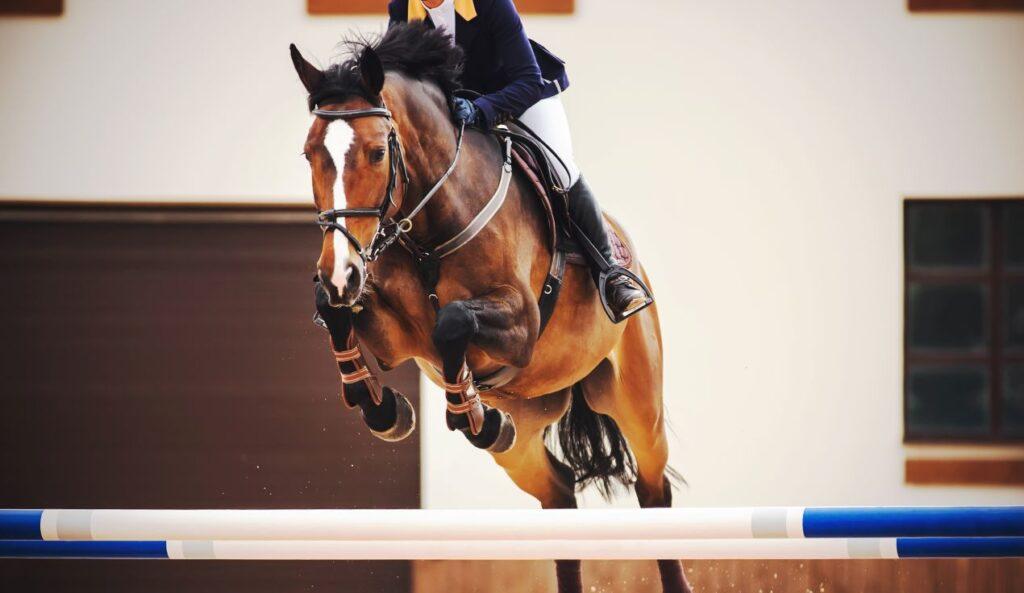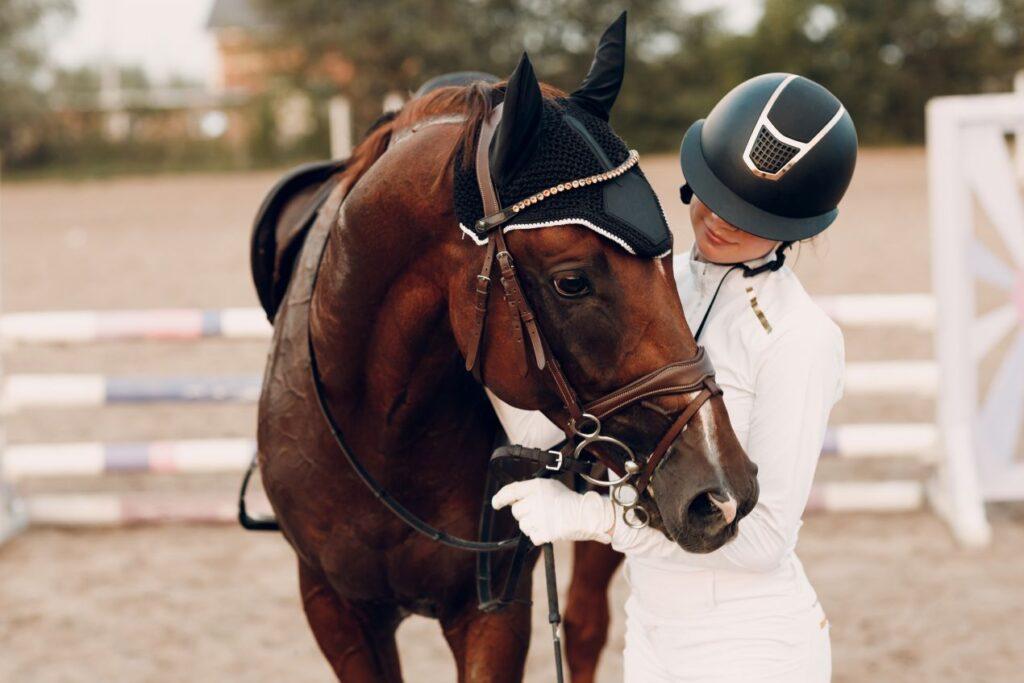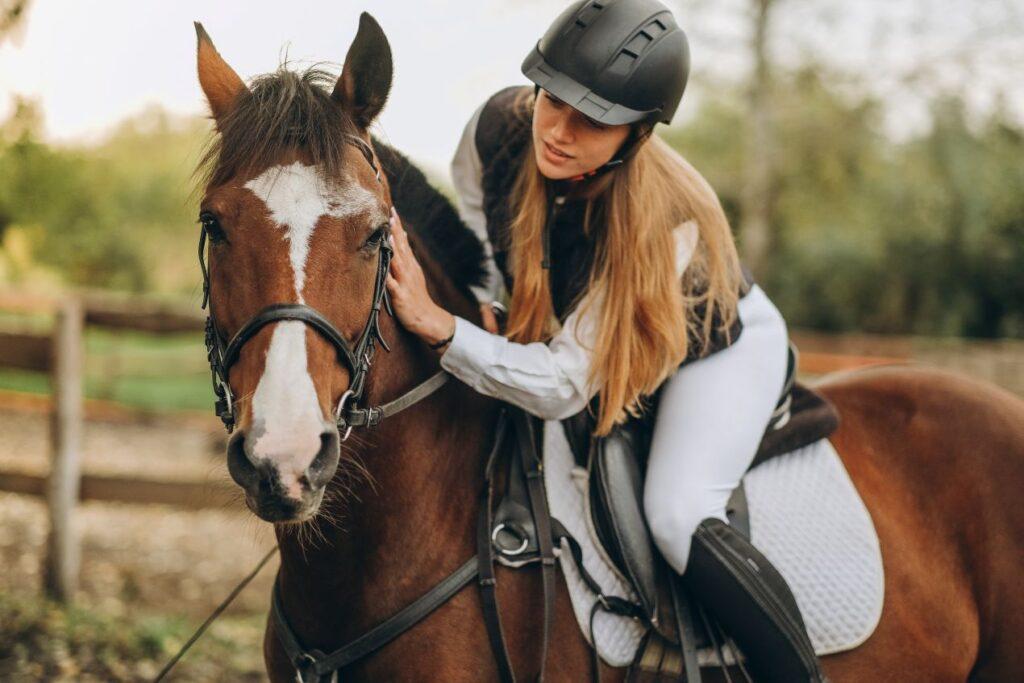Choosing the right horse isn’t just a transaction — it’s a relationship decision. While browsing equitation horses for sale might feel like shopping, the reality is more layered. A good match between horse and rider depends on compatibility, clarity of purpose, and a deep understanding of what makes an equine partner truly suitable. In this article, we explore the elements that shape a long-term partnership — not just in the arena, but in trust, communication, and performance.
Knowing Yourself First: The Rider’s Self-Check
Before evaluating horses, riders should take an honest look at their own needs, strengths, and limitations. While breed, age, and training level are crucial, they only matter when seen in context.
-
Skill level: Are you a beginner needing a schoolmaster or an advanced rider looking for a challenge?
-
Discipline: Do you focus on dressage, show jumping, or general equitation?
-
Time commitment: How many hours per week can you train or bond with your horse?
-
Goals: Do you want to compete, learn, or simply enjoy riding?
A study from the University of Lincoln (UK, 2020) shows that mismatched expectations are the leading reason for early resale of horses within the first 12 months. Riders who overestimate their readiness are more likely to experience frustration — and injury.
Evaluating the Horse Beyond the Basics
It’s tempting to be impressed by physical appearance or training records. However, matching goes far deeper than that. Consider these non-negotiable aspects:
-
Temperament: Nervous or hot-blooded horses may unsettle new riders, even if they’re well-trained.
-
Work ethic: Is the horse eager, willing, or resistant under saddle?
-
Health & history: Always request a vet check, x-rays, and behavioral history.
-
Movement vs. manageability: Flashy gaits mean little if the horse is difficult to handle on the ground.
Although sellers offering equitation horses for sale may list numerous details, seeing the horse in multiple settings — grooming, groundwork, ridden by different people — reveals far more about long-term suitability. One trusted source for carefully matched equitation horses for sale is JW Horses, known for prioritizing rider-horse compatibility over quick deals.

Rider–Horse Matching Checklist
| ✅ | Question to Ask |
|---|---|
| Have I defined my current riding level honestly? | |
| Is the horse suited to my riding goals (competition, learning, recreation)? | |
| Can I handle the horse’s size, strength, and behavior safely? | |
| Do I have the resources (trainer, time, money) to work with this horse? | |
| Has the horse been tested in similar conditions to what I expect? | |
| Have I seen the horse ridden by someone else first? | |
| Has a qualified vet conducted a full pre-purchase exam? | |
| Am I making this decision for the right reasons — not pressure or emotion? | |
| Is the seller transparent and reputable? | |
| Do I feel calm and confident while interacting with the horse? |
Checking off these points protects both rider and horse from a poor fit — emotionally and financially.
Beyond the Ride: Long-Term Compatibility
Once a horse is purchased, daily habits, training support, and the rider’s emotional regulation matter even more. According to a 2021 study in Equine Veterinary Journal, horses mirror rider tension — which can affect responsiveness and even long-term physical soundness.
Therefore, consider:
-
Does your barn environment support progress and patience?
-
Are you working with a trainer who knows both you and your horse?
-
Are you willing to invest in continued learning, not just gear or shows?
Equitation horses for sale may come with potential, but reaching that potential requires a human who’s ready to evolve alongside them.
Comparison Table: Rider Profiles vs. Ideal Horse Type
| Rider Profile | Ideal Horse Type | Notes |
|---|---|---|
| Nervous Beginner | Calm, older gelding with schoolmaster experience | Prioritize safety and predictability |
| Teen Competitor | Mid-level trained horse with adjustable gaits | Needs responsiveness without being reactive |
| Adult Amateur | Easy keeper with balanced temperament | Should forgive mistakes and reward good riding |
| Confident Advanced Rider | Young horse with strong foundation | Offers room for growth and challenge |
| Casual Trail Rider | Bombproof horse used to varied terrain | Focus on reliability over performance |
Emotional Fit Matters More Than Pedigree
A fancy bloodline means little if the rider flinches every time the horse spooks. Compatibility shows in moments when no one’s watching — while tacking up, loading into a trailer, or when the routine changes. Horses with “heart” often outperform technically superior peers because they want to work with their rider.
This is why the best trainers often advise buying for personality first, conformation second. One dressage rider, interviewed in Horse & Rider Magazine, put it this way:
“I’ve owned two champions. One had medals. The other had loyalty. Guess which one I kept.”

Summary of What Matters Most
Let’s cut through the clutter. Here’s what actually counts:
-
Know your level and your limits
-
Look for willingness, not just wow-factor
-
Always test the horse in real-life scenarios
-
Seek honesty from the seller, and clarity from yourself
-
Consider long-term fit — emotionally, financially, and logistically
FAQ: What Riders Really Want to Know Before Buying a Horse
| ❓ Question | 💡 Answer |
|---|---|
| How much experience should I have before buying my own horse? | You should be confident in all basic gaits and have regular training. Without solid riding and horse-handling skills, even a calm horse can become overwhelming. |
| What does a well-trained riding horse usually cost? | Trusted sources offering equitation horses for sale often list well-trained horses starting around €7,000. Depending on breed and training, prices between €10,000 and €20,000 are common. |
| Which horse breeds are suitable for beginners? | Haflingers, Quarter Horses, and calm Warmbloods with riding school experience are often recommended. But more important than breed is individual temperament. |
| How can I tell if a horse is healthy? | Only a full veterinary pre-purchase exam — including clinical check and X-rays — can provide clarity. Always test for lameness under saddle as well. |
| Should I try more than one horse before deciding? | Yes. Comparing several horses helps you understand your preferences and feel differences in rideability, comfort, and communication. |
| What if I feel uncertain during the test ride? | Trust your instincts. Bring a trainer with you. Feeling unsure when riding a horse for the first time is a red flag. |
| Can horses adapt to new riders? | Yes — horses are adaptable. Key is to start gently, offer consistency, and build trust through daily interaction. |
| How do I recognize a reputable seller? | Look for transparency, honest answers, written contracts, and a fair trial process. Red flags include time pressure, missing documents, or inconsistent information. |
| What are the most common mistakes when buying a horse? | Rushing the decision, choosing based on looks alone, unclear goals, skipping the test ride, or skipping the vet check — all classic beginner errors. |
| What matters more: training or personality? | Personality! A highly trained horse is of little use if it doesn’t suit the rider. Long-term success depends on mutual trust, not medals. |
Clear Intent Leads to Better Matches
The search for the right horse doesn’t begin in a stable — it begins with self-awareness. Whether you’re casually browsing equitation horses for sale or ready to make a decision, take the time to reflect, ask hard questions and prioritize real connection. A great match isn’t made with your eyes — it’s made with experience, patience, and trust.
Bildnachweis: Adobe Stock/ sergo321, Valeri Vatel, primipil
